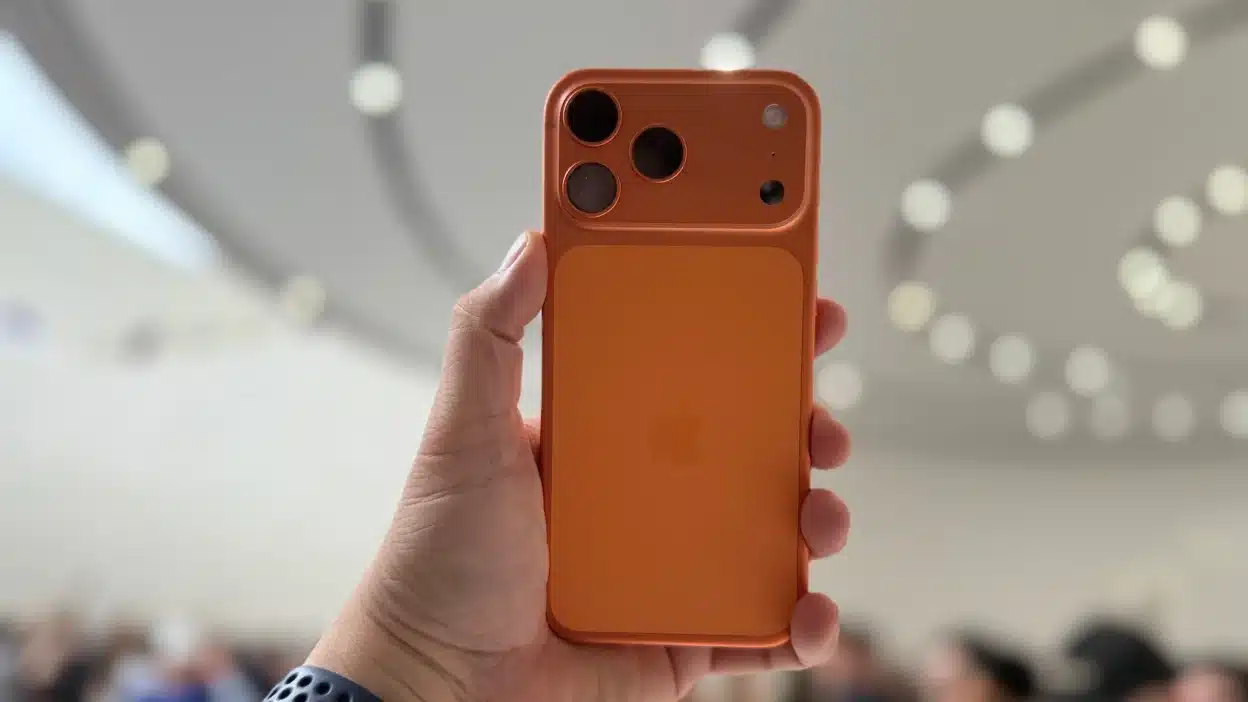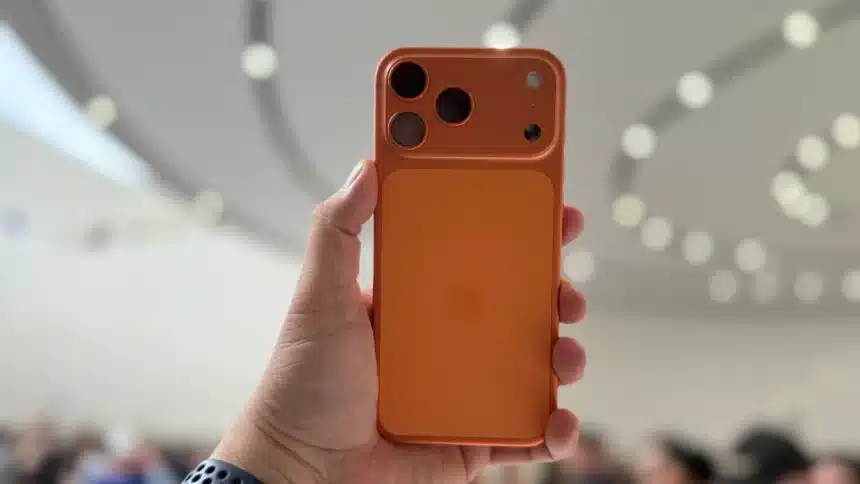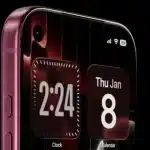Apple’s iPhone 18 Pro could mark a major step forward in smartphone photography. According to reports from industry insiders, Apple has finalized plans to introduce a variable aperture system for its main camera, a feature that would significantly improve photo quality and light control.
The new setup will appear exclusively in the main rear camera of the Pro models, while the Ultra Wide and Telephoto lenses will continue using fixed apertures. Manufacturers LG Innotek and Foxconn are reportedly handling production, with Luxshare ICT and Sunny Optical supplying the actuator responsible for adjusting the aperture.

What Variable Aperture Means for Photos
Traditional smartphone cameras use a fixed aperture, limiting how much light passes through the lens. A variable aperture allows the camera to widen or narrow the opening, controlling how much light reaches the sensor. This directly affects exposure and depth of field.
A wider aperture produces a soft, blurred background—ideal for portrait shots—while a smaller aperture brings more of the image into focus. This flexibility enables users to capture balanced photos in both bright and low-light environments without relying heavily on software effects.
Apple currently simulates this effect using computational photography. However, a true mechanical aperture system could offer more natural and precise results, giving the iPhone 18 Pro a stronger advantage over competitors.
Industry Reactions and Expected Impact
Analyst Ming-Chi Kuo had previously predicted this feature for the iPhone 17 series, but it appears Apple postponed the upgrade until the 2026 release. The return of the rumor signals Apple’s growing interest in hardware-based photo enhancements rather than software tricks alone.
If confirmed, the iPhone 18 Pro could redefine mobile photography by merging hardware precision with AI-driven processing, continuing Apple’s push to set new imaging standards. With the launch still a year away, expectations are already high for what could be the most advanced iPhone camera yet.












